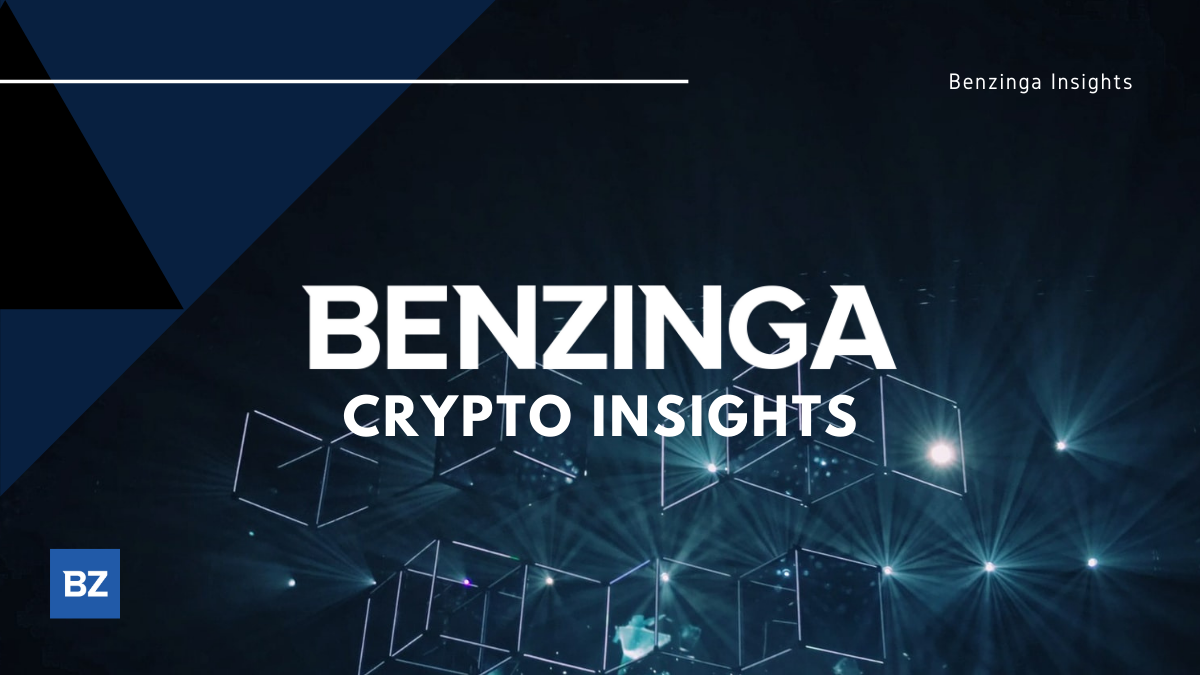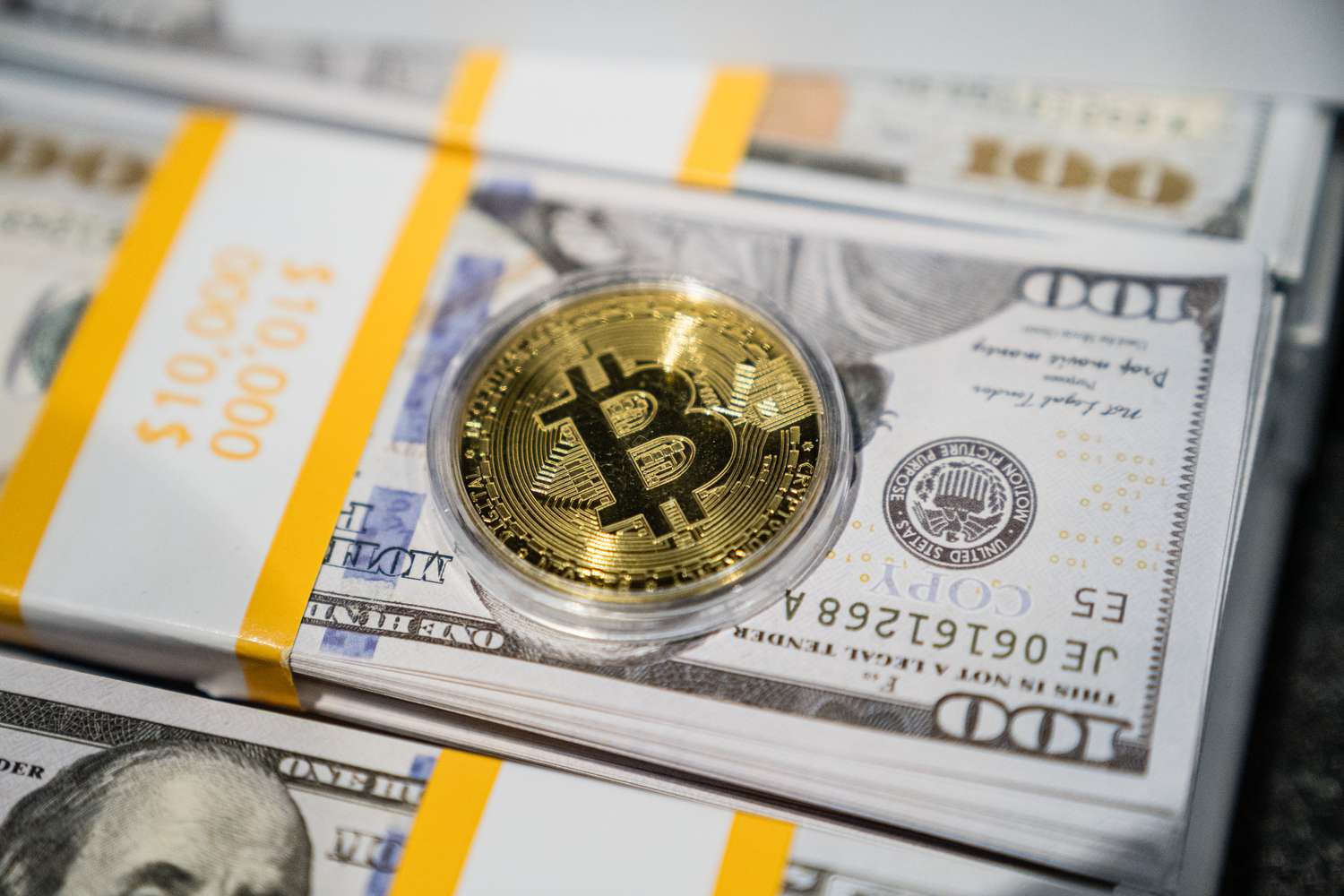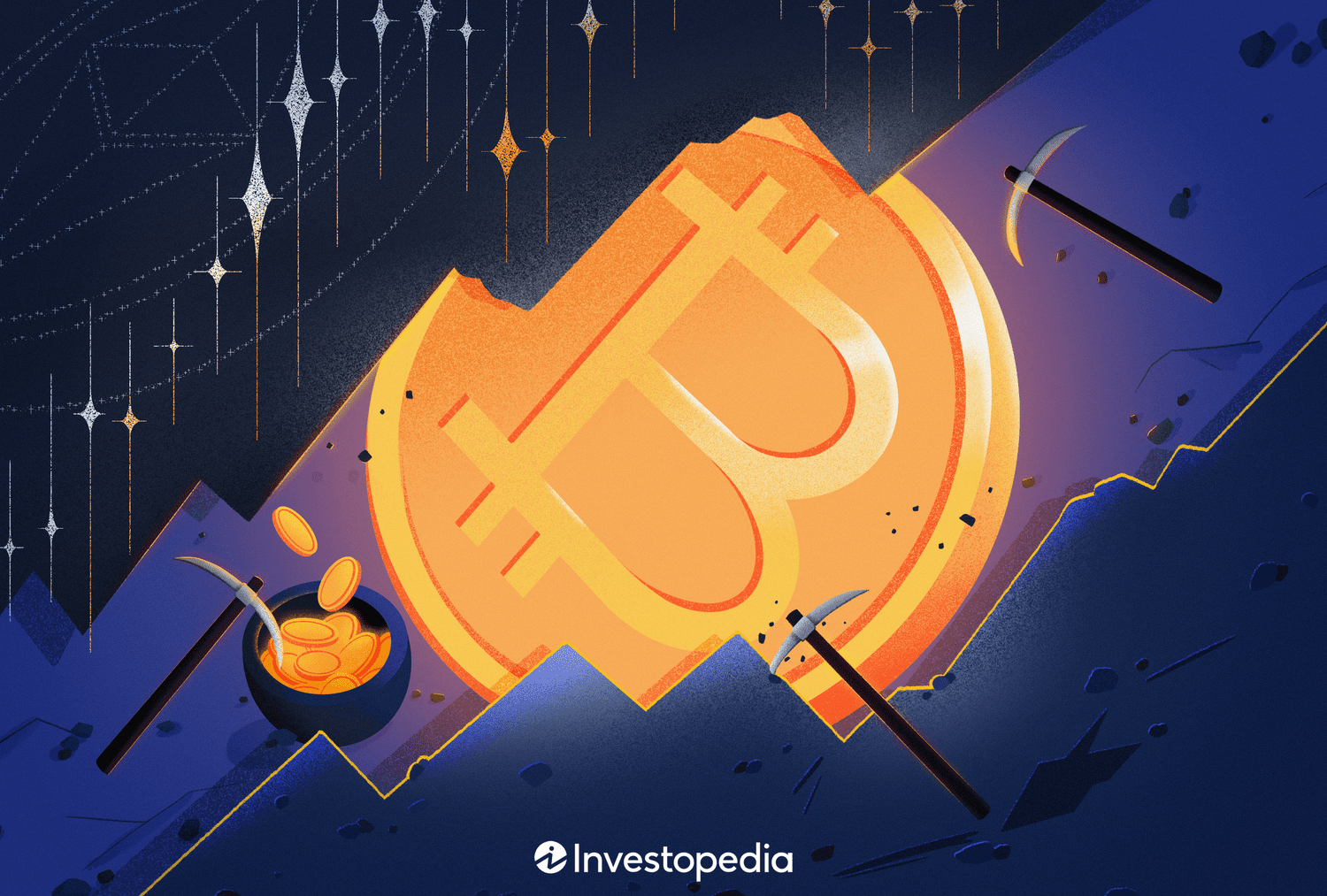As the introduction of the Tokenized Assets Exchange Coin (TAE Coin) nears, the potential impact on people and economies worldwide is stirring debate.

As we venture into 2024, the cryptocurrency world is already buzzing with anticipation for the release of a groundbreaking new digital currency that promises to challenge established norms and bring fresh innovation to the market. The Tokenized Assets Exchange Coin (TAE Coin) is capturing the attention of investors and tech enthusiasts alike for its unique approach to integrating digital finance with real-world assets.
The team behind TAE Coin has sought to address persistent challenges in the cryptocurrency world, including volatility and security, by leveraging blockchain technology to offer stable value and robust transparency. Unlike other cryptocurrencies which primarily exist in the digital realm, TAE Coin aims to bridge the gap between digital assets and tangible investments, allowing users to leverage blockchain’s immutable ledger feature in real-world applications like real estate and commodities.
One of the most talked-about features of TAE Coin is its focus on reducing barriers to entry for mainstream investors. With intuitive interfaces and accessible educational resources, the development team hopes to demystify the often complex nature of cryptocurrencies and broaden participation beyond tech-savvy early adopters.
Set to launch in the second quarter of 2024, TAE Coin also places a strong emphasis on decentralization and user empowerment. As the launch approaches, many are keenly watching to see if this innovative approach will indeed revolutionize how we view asset ownership and digital currency. As with any investment opportunity, potential investors are encouraged to conduct thorough research and stay informed about the ongoing developments.
Is TAE Coin the Future of Digital and Real Estate Investment?
As the introduction of the Tokenized Assets Exchange Coin (TAE Coin) nears, the potential impact on people and economies worldwide is stirring debate. While the merging of digital currency with tangible assets like real estate and commodities could redefine asset ownership, questions about its execution and outcomes remain.
How might TAE Coin affect everyday investors and communities? By reducing entry barriers and providing intuitive resources, TAE Coin could democratize access to investment opportunities traditionally restricted to wealthier individuals. This could enable more inclusive economic growth, allowing smaller investors and communities to benefit from real estate and commodity markets.
What are some controversies surrounding TAE Coin? Critics argue that, despite its potential stability and transparency, the novelty of tying digital currency to physical assets may pose unforeseen risks. Questions about regulatory compliance and market reaction loom large. Additionally, there’s skepticism about whether sufficient infrastructure exists to handle such integration on a global scale.
Advantages and disadvantages of TAE Coin include its potential to offer stable value and enhance asset access, contrasting with other volatile cryptocurrencies. However, it risks resistance from established financial institutions and could face significant legal scrutiny as it challenges traditional financial practices.
Investors should weigh whether this innovative approach can sustainably balance digital possibilities with real-world stability. Will TAE Coin truly bridge these worlds, or falter under its ambitions?
For more information on cryptocurrency developments, visit Coindesk or CoinTelegraph.
The source of the article is from the blog smartphonemagazine.nl
The above is the detailed content of TAE Coin: The Future of Digital and Real Estate Investment?. For more information, please follow other related articles on the PHP Chinese website!
 Who is James Fickel? Crypto Investor and Longevity ResearcherAug 12, 2024 am 12:25 AM
Who is James Fickel? Crypto Investor and Longevity ResearcherAug 12, 2024 am 12:25 AMJames Fickel is the founder of the Amaranth Foundation, funding longevity research, and the world's fifth richest known crypto investor.
 Kaspa (KAS) Price Prediction: KAS/USD Surges 9% Weekly, Bulls Eye $0.20 All-Time HighJul 31, 2024 am 06:20 AM
Kaspa (KAS) Price Prediction: KAS/USD Surges 9% Weekly, Bulls Eye $0.20 All-Time HighJul 31, 2024 am 06:20 AMKaspa's KAS/USD price has increased 3.36% over the past 24 hours to $0.19. Over the past week, KAS has experienced an uptick of over 9.0%
 How to Stake Crypto: A Comprehensive Guide to StakingBonusAug 12, 2024 am 06:06 AM
How to Stake Crypto: A Comprehensive Guide to StakingBonusAug 12, 2024 am 06:06 AMCryptocurrency staking has surfaced as one of the most lucrative ways of earning a passive income in the digital age. With several platforms working and offering their crypto staking services, sometimes it gets very difficult to decide upon one.
![MOG TRUMP [TRUMP] crypto rises by 50% in 24 hours, fueled by Donald Trump's continuous support for cryptocurrency](https://img.php.cn/upload/article/000/465/014/172321958166807.jpg) MOG TRUMP [TRUMP] crypto rises by 50% in 24 hours, fueled by Donald Trump's continuous support for cryptocurrencyAug 10, 2024 am 12:06 AM
MOG TRUMP [TRUMP] crypto rises by 50% in 24 hours, fueled by Donald Trump's continuous support for cryptocurrencyAug 10, 2024 am 12:06 AMAmidst the broader market recovery, MOG TRUMP [TRUMP] has surged over 50% in the past 24 hours, according to CoinGecko.
 Crypto Industry Market Capitalization Soars 9% as Solana and Binance Coin Bounce Back From Market CrashAug 06, 2024 pm 09:23 PM
Crypto Industry Market Capitalization Soars 9% as Solana and Binance Coin Bounce Back From Market CrashAug 06, 2024 pm 09:23 PMCrypto bounced back from yesterday's market crash, led by Solana and Binance Coin, as Tron founder Justin Sun took the opportunity to buy the dip
 Bitcoin (BTC) Price Regains $67K as the Bitcoin 2024 Conference Continues in NashvilleJul 27, 2024 am 06:07 AM
Bitcoin (BTC) Price Regains $67K as the Bitcoin 2024 Conference Continues in NashvilleJul 27, 2024 am 06:07 AMBitcoin (BTC) traded near $65,000 yesterday and was recently back above $67,000 as the Bitcoin 2024 conference continues in Nashville.
 Bitcoin (BTC) Price Briefly Topped $71K as Trump Touts 'Strategic National Bitcoin Stockpile' Plan at Bitcoin 2024 ConferenceJul 30, 2024 am 03:00 AM
Bitcoin (BTC) Price Briefly Topped $71K as Trump Touts 'Strategic National Bitcoin Stockpile' Plan at Bitcoin 2024 ConferenceJul 30, 2024 am 03:00 AMCrypto is becoming a hotter topic of conversation around the U.S. Presidential election. Twenty-eight Democratic lawmakers and candidates sent a letter to the party's national committee chair seeking a reversal of the party's stance on bitcoin and cr
 MoonTaurus (MNTR): A Promising New Memecoin Gaining Substantial Attention in the Presale PhaseAug 02, 2024 pm 12:36 PM
MoonTaurus (MNTR): A Promising New Memecoin Gaining Substantial Attention in the Presale PhaseAug 02, 2024 pm 12:36 PMNew opportunities are constantly emerging. One such standout is MoonTaurus (MNTR), a promising new memecoin currently gaining substantial attention

Hot AI Tools

Undresser.AI Undress
AI-powered app for creating realistic nude photos

AI Clothes Remover
Online AI tool for removing clothes from photos.

Undress AI Tool
Undress images for free

Clothoff.io
AI clothes remover

AI Hentai Generator
Generate AI Hentai for free.

Hot Article

Hot Tools

SublimeText3 Mac version
God-level code editing software (SublimeText3)

SAP NetWeaver Server Adapter for Eclipse
Integrate Eclipse with SAP NetWeaver application server.

Atom editor mac version download
The most popular open source editor

mPDF
mPDF is a PHP library that can generate PDF files from UTF-8 encoded HTML. The original author, Ian Back, wrote mPDF to output PDF files "on the fly" from his website and handle different languages. It is slower than original scripts like HTML2FPDF and produces larger files when using Unicode fonts, but supports CSS styles etc. and has a lot of enhancements. Supports almost all languages, including RTL (Arabic and Hebrew) and CJK (Chinese, Japanese and Korean). Supports nested block-level elements (such as P, DIV),

SecLists
SecLists is the ultimate security tester's companion. It is a collection of various types of lists that are frequently used during security assessments, all in one place. SecLists helps make security testing more efficient and productive by conveniently providing all the lists a security tester might need. List types include usernames, passwords, URLs, fuzzing payloads, sensitive data patterns, web shells, and more. The tester can simply pull this repository onto a new test machine and he will have access to every type of list he needs.






